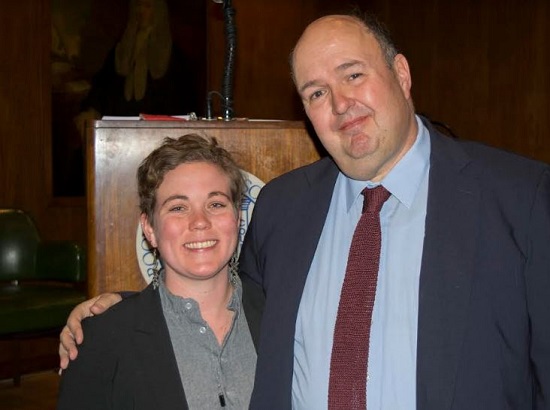Brooklyn Bar Association CLE focuses on eliminating bias through diversity

The New York State Continuing Legal Education (CLE) Board instituted a new policy this year which requires attorneys to get a newly-created diversity CLE credit to remain active within the bar.
To fulfill this new requirement, the Brooklyn Bar Association (BBA) recently invited attorney Gil Perez for a two-hour lecture. “Actively Eliminating Bias through Diversity and Inclusion: What is the New OCA Direction and How to Apply it to My Practice?” was part of Tuesday night’s CLE in Brooklyn Heights.
“The CLE committee was looking for someone to present on this topic and we are thrilled to have Gil Perez to do this course because there is nobody finer,” said Steve Cohn, co-chair of the BBA’s CLE Committee. “Thank you for instilling diversity and sensitivity in our membership.”

Brooklyn Boro
View MoreNew York City’s most populous borough, Brooklyn, is home to nearly 2.6 million residents. If Brooklyn were an independent city it would be the fourth largest city in the United States. While Brooklyn has become the epitome of ‘cool and hip’ in recent years, for those that were born here, raised families here and improved communities over the years, Brooklyn has never been ‘uncool’.